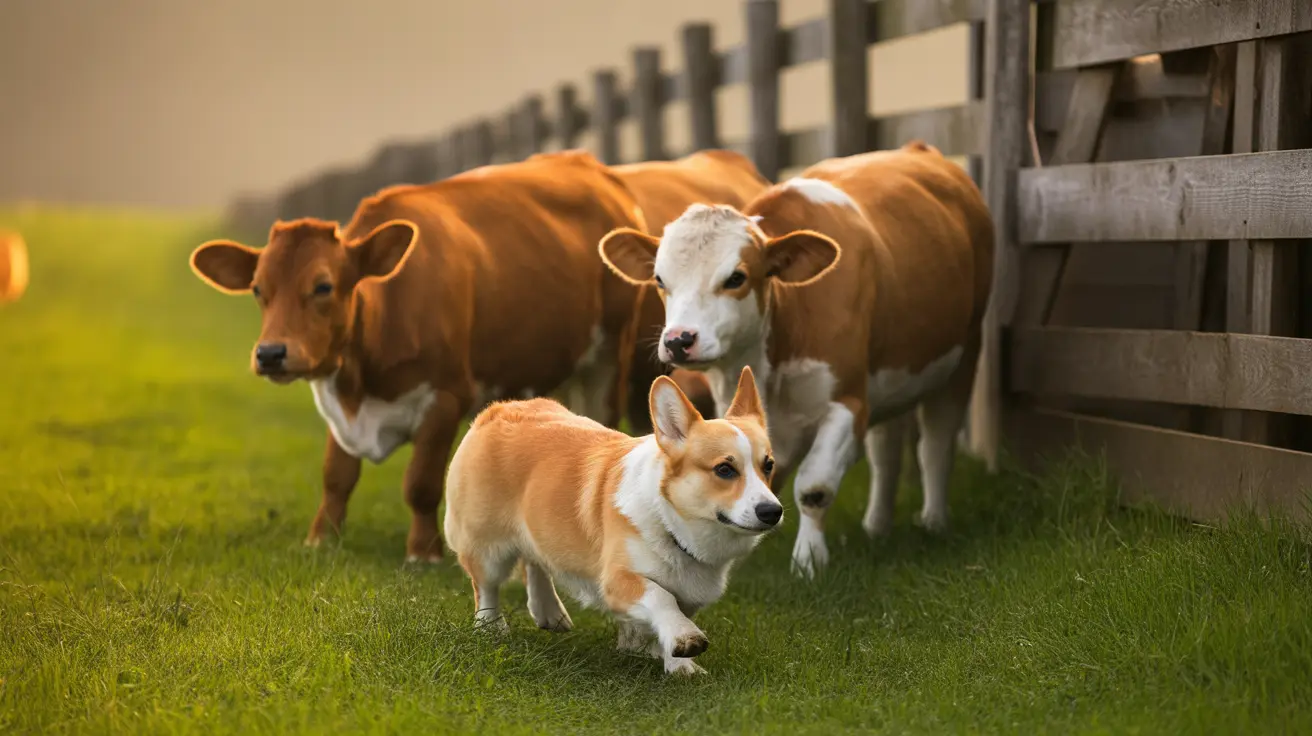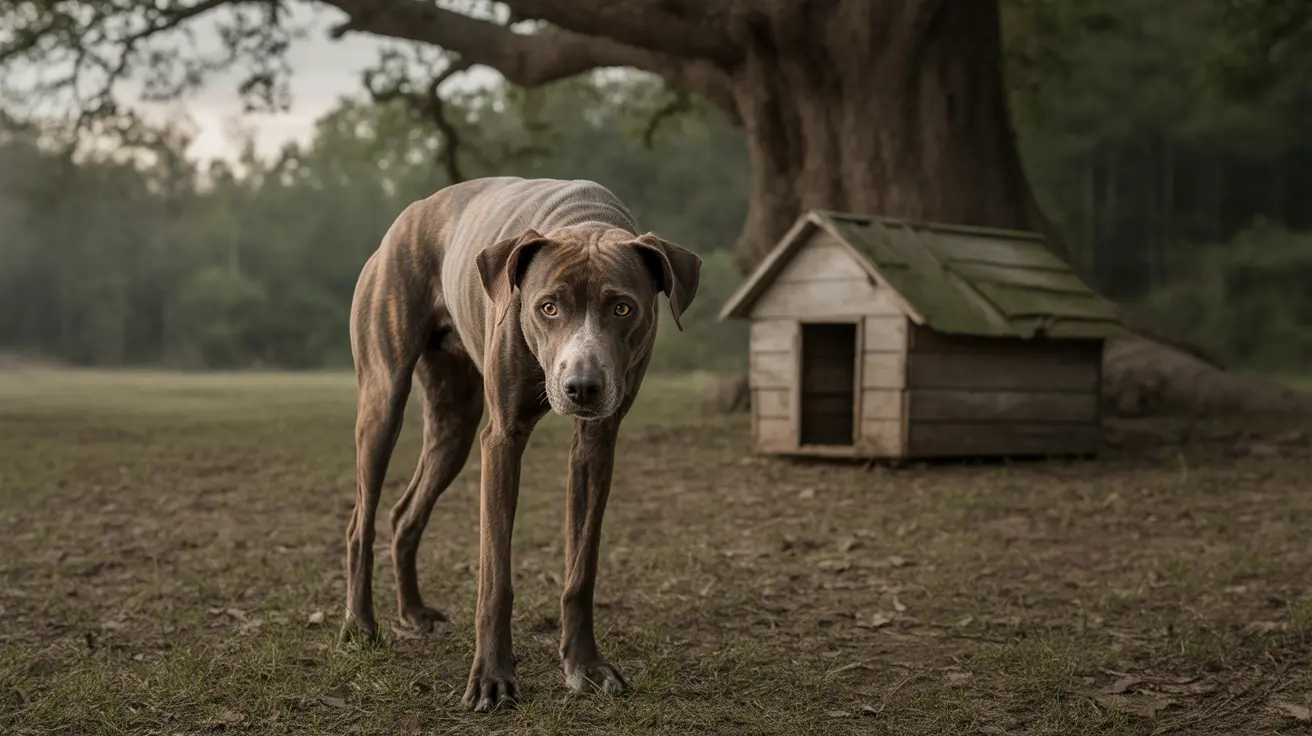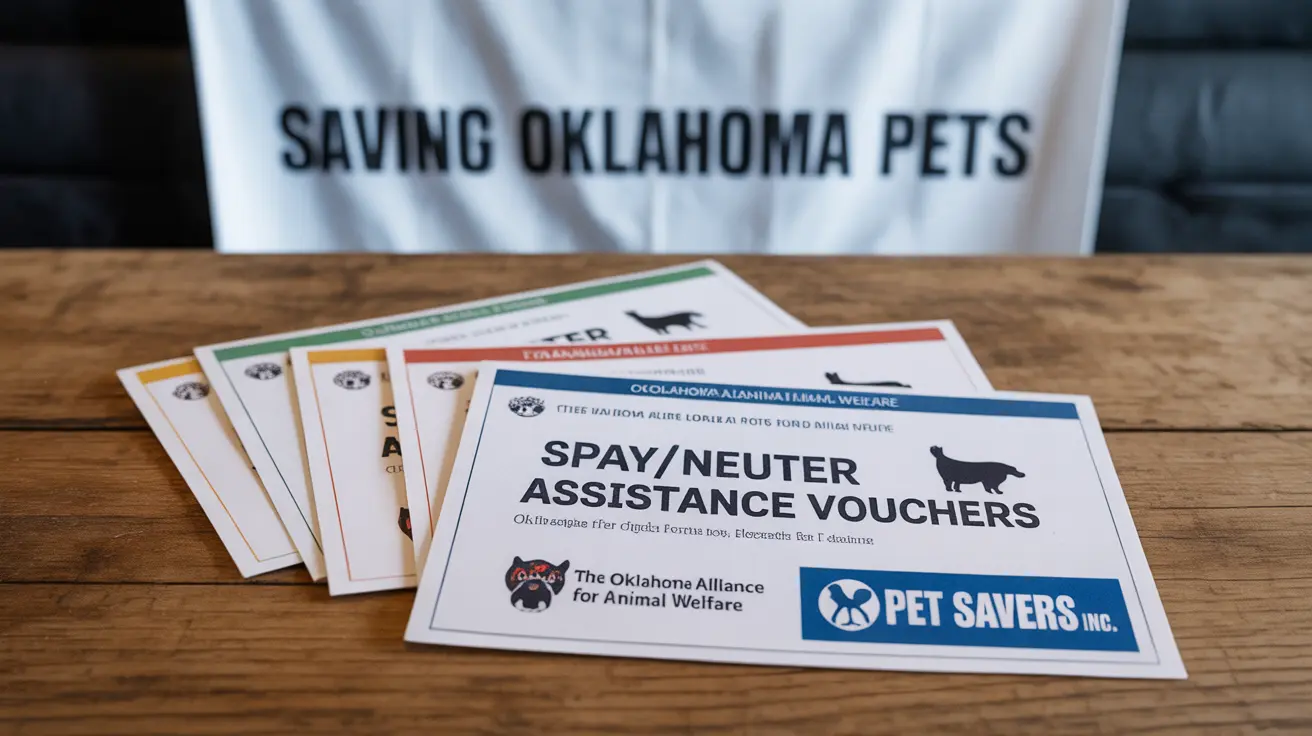When you think of herding dogs, you might picture Border Collies or Australian Shepherds. However, Corgis - those short-legged, fox-faced dogs beloved by Queen Elizabeth II - are actually masterful herders with centuries of working heritage behind them. Let's explore the fascinating world of Corgis as herding dogs and understand what makes these compact canines such effective pastoral workers.
The Historic Origins of Corgi Herding
Corgis originated in Wales, where they were specifically bred to be cattle herders. Both the Pembroke Welsh Corgi and Cardigan Welsh Corgi varieties developed their distinctive low-set bodies and powerful builds to excel at this demanding job. Their small stature wasn't a limitation - it was actually a clever adaptation that allowed them to nip at cattle's heels while staying safely below the kick zone.
These determined little dogs were capable of herding cattle many times their size, using their intelligence and agility to control entire herds. Welsh farmers relied heavily on Corgis, considering them invaluable working partners rather than just pets.
Physical Traits That Make Corgis Excellent Herders
Despite their small size - typically standing 10-12 inches tall and weighing 28-30 pounds - Corgis are powerfully built with several physical adaptations that make them exceptional herders:
- Low-set body that helps them avoid kicks from livestock
- Strong, muscular build for endurance and quick movements
- Weather-resistant double coat for working in all conditions
- Powerful hindquarters for bursts of speed and agility
- Alert, upright ears for excellent hearing and awareness
Natural Herding Instincts and Behaviors
Modern Corgis retain strong herding instincts, even without formal training. These instincts often manifest as:
- Circling and gathering behavior
- Heel nipping (which may need training to control)
- Intense focus on moving objects
- Natural tendency to control and direct movement
- Protective watchfulness over their "flock" (family)
Modern Applications of Corgi Herding Skills
While few Corgis work as traditional herding dogs today, their natural abilities can be channeled into various activities:
- Herding trials and competitions
- Treibball (urban herding sport)
- Agility courses
- Obedience training
- Farm dog work (for those still living on farms)
Training and Managing Herding Instincts
Proper training is essential to help Corgis become well-adjusted pets while respecting their herding heritage. Early socialization and consistent training can help prevent unwanted herding behaviors like ankle nipping or excessive chasing.
Frequently Asked Questions
Are Corgis naturally herding dogs, and how strong is their herding instinct?
Yes, Corgis are natural herding dogs with very strong herding instincts that have been bred into them for centuries. These instincts remain strong in modern Corgis, even those who have never seen livestock.
What are the key differences between Pembroke Welsh Corgis and Cardigan Welsh Corgis as herding breeds?
While both breeds were developed for herding, Pembroke Welsh Corgis tend to be more outgoing and slightly smaller, while Cardigan Welsh Corgis are typically more reserved and have longer bodies. Cardigans also retain their tails, while Pembrokes traditionally have docked tails.
How can I train my Corgi to herd safely without nipping or chasing family members?
Channel your Corgi's herding instincts into appropriate activities like herding balls or agility training. Use positive reinforcement to teach alternative behaviors when the urge to herd family members arises, and provide plenty of physical and mental stimulation.
What physical traits make Corgis effective at herding livestock?
Corgis' low-set bodies, powerful legs, agile movement, and weather-resistant coats make them effective herders. Their size allows them to duck under cattle kicks while their strong builds enable them to work tirelessly.
Can Corgis still herd in modern times, and what activities best channel their herding drive?
Yes, Corgis can still participate in herding activities through formal herding trials, Treibball, or actual farm work. For urban Corgis, agility training, obedience work, and structured play activities can help satisfy their herding instincts.
Understanding and appreciating Corgis' herding heritage helps owners better manage these intelligent, driven dogs. Whether working on a farm or living in a city apartment, Corgis' herding instincts remain an integral part of their personality and charm.






